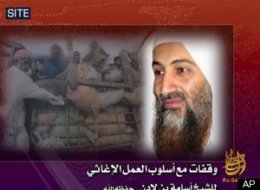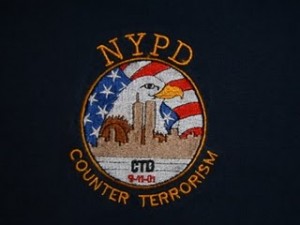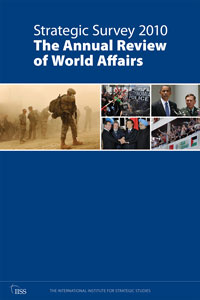
3 Ways the Underwear Bomber Changed Counterterrorism
December 25, 2009 was a pivotal day for U.S. counterterrorism. Although the airline bombing failed, the reverberations from the attempt are still being felt. Here’s how this incident changed U.S. counterterrorism policy, as told by Mike Leiter, the director of the National Counterterrorism Center.
Popular Mechanics By Joe Pappalardo September 16, 2010 2:30 PM

1) The incident saved the Counterterrorism Center's budget.
2) New teams were formed to chase leads, not write reports.
3) The failed attack focused the Obama administration on counterterrorism.
Phi Beta Iota: Click on the photo for the full story at Popular Mechanics. Above we just list the three “ways,” each of them a perfect outcome for a fraudulent staged “threat” that was almost certainly concocted with Israeli help. Until the guy video-taping the whole thing from in front is produced, our professional judgment is that the Underpants Bomber was an agent of the US Government doing precisely what this worthless activity wanted: give it a reason, however absurd, to keep on being worthless. [Covert Operations against a US audience are illegal, but who cares about the Constitution or laws, these days?] NCTC's leader, a decent well-intentioned politically-appointed lawyer who knows nothing relevant, is the poster child for what is wrong with the entire US national security domain.
Journal: Underpants Bomber Shines Light on Naked USG–Without Four Reforms, USA Locked in Place
Journal: National Counterterrorism Center (NCTC) Goes from Dumb to Dumber
Journal: The Plot Thickens–Who Benefits?
Journal: Who Over-Rode State to Allow Xmas Bomber?
Journal: Who, Exactly, is Behind Burning Koran?
Journal: Director of National Intelligence Alleges….
Journal: CIA Leads the “Walking Dead” in USA
Journal: CIA’s Poor Tradecraft AND Poor Management
Review: Willful Neglect–The Dangerous Illusion of Homeland Security





